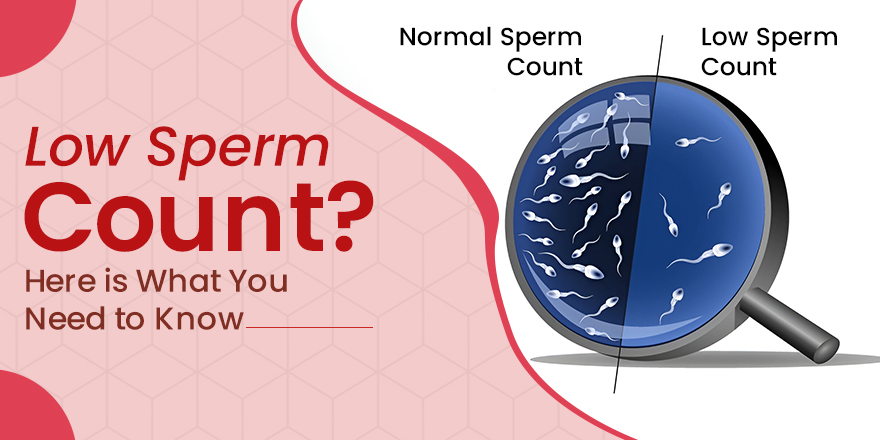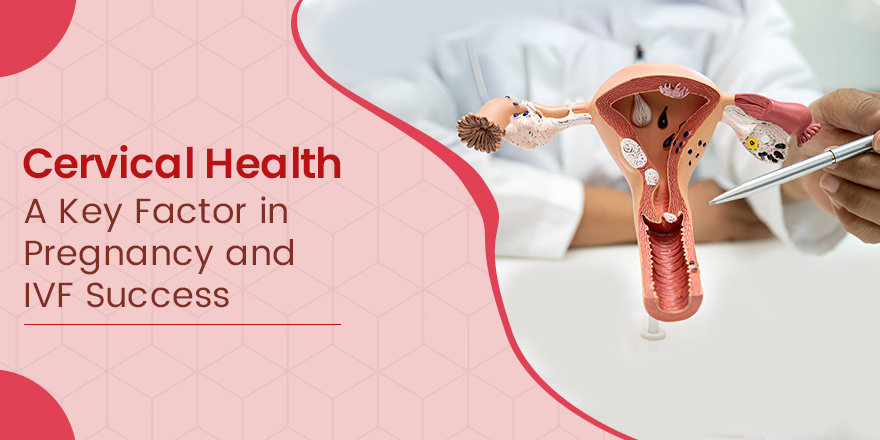Low Sperm Count? Here is What You Need to Know
When pregnancy does not happen as expected, it can be emotionally challenging, especially when there is no clear reason. Many couples are surprised to learn that almost half of infertility cases involve the male partner, and one of the most common causes is low sperm count.
If you or your partner has been diagnosed with this condition, remember that you are not alone. Low sperm count is often manageable, and with early medical guidance and the right approach, a healthy pregnancy is still very much possible.
What Is Low Sperm Count?
Low sperm count means the semen contains fewer sperm than the normal range. A healthy sperm count is usually 15 million or more sperm per milliliter of semen. Anything below this may reduce the chances of the sperm reaching and fertilizing the egg.
This condition, also called oligospermia, is a leading cause of male infertility. However, a low sperm count does not mean you cannot father a child. Many men are able to conceive naturally, while others find success with fertility treatments.
Signs of Low Sperm Count
Low sperm count often does not cause obvious symptoms. Many men only discover it after trying to conceive without success. Still, some possible signs of low sperm count include:
- Difficulty achieving pregnancy after a year of regular, unprotected intercourse
- Reduced sexual desire
- Pain, swelling, or lumps in the testicles
- Hormonal symptoms such as low testosterone
If you experience these signs or have been unable to conceive, a semen analysis is the most reliable way to check your sperm health.
Causes of Low Sperm Count
Low sperm count can result from medical, lifestyle, or environmental factors, such as:
- Hormonal imbalances
- Varicocele (enlarged veins in the scrotum)
- Infections or past surgeries
- Smoking, alcohol use, or recreational drugs
- Obesity or poor nutrition
- Excessive heat exposure from saunas, hot baths, or tight clothing
- Chronic stress and poor sleep
- Exposure to environmental toxins or radiation
In some cases, no clear cause is found. Even then, improving overall health and reducing risk factors can still have a positive impact on sperm health.
Can a Man Recover from Low Sperm Count?
Yes. In many cases, low sperm count can be improved with proper medical care and lifestyle changes. Treatment options may include:
- Medications or hormone therapy
- Treatment for infections or inflammation
- Surgery, particularly for varicocele
- Lifestyle changes such as quitting smoking, maintaining a healthy weight, and managing stress
If natural conception remains difficult, fertility treatments like IUI (Intrauterine Insemination) or IVF (In Vitro Fertilization) can significantly improve your chances.
Tips for Getting Pregnant with Low Sperm Count
If you are trying to conceive with a low sperm count, these steps may help:
- Eat a balanced, nutrient-rich diet
- Exercise regularly and maintain a healthy weight
- Limit alcohol, caffeine, and processed foods
- Avoid tight underwear and prolonged heat exposure
- Ensure adequate sleep and manage stress daily
- Follow your doctor’s advice on supplements or medications
These habits can improve sperm health naturally and support medical treatment plans.
A Gentle Reminder: You Are Not Alone
Fertility challenges can affect your confidence, your relationship, and your emotional well-being. But there is hope.
At Seeds of Innocens, we understand the sensitive nature of fertility concerns. Our approach combines advanced medical care with empathy, respect, and complete confidentiality. If you have been diagnosed with low sperm count or are uncertain about your next steps, we are here to guide you with clarity and compassion.
Also Read:- What Is Male Infertility? Causes, Symptoms & Solutions
Take the first step by booking a confidential consultation with our fertility experts. Let us help you move closer to the family you have always hoped for.





